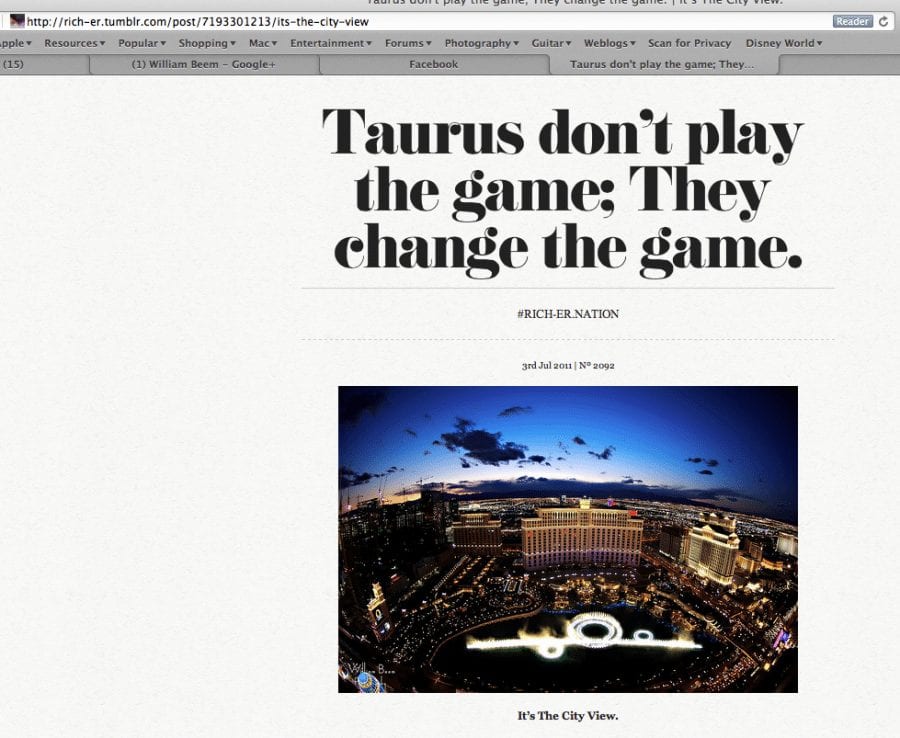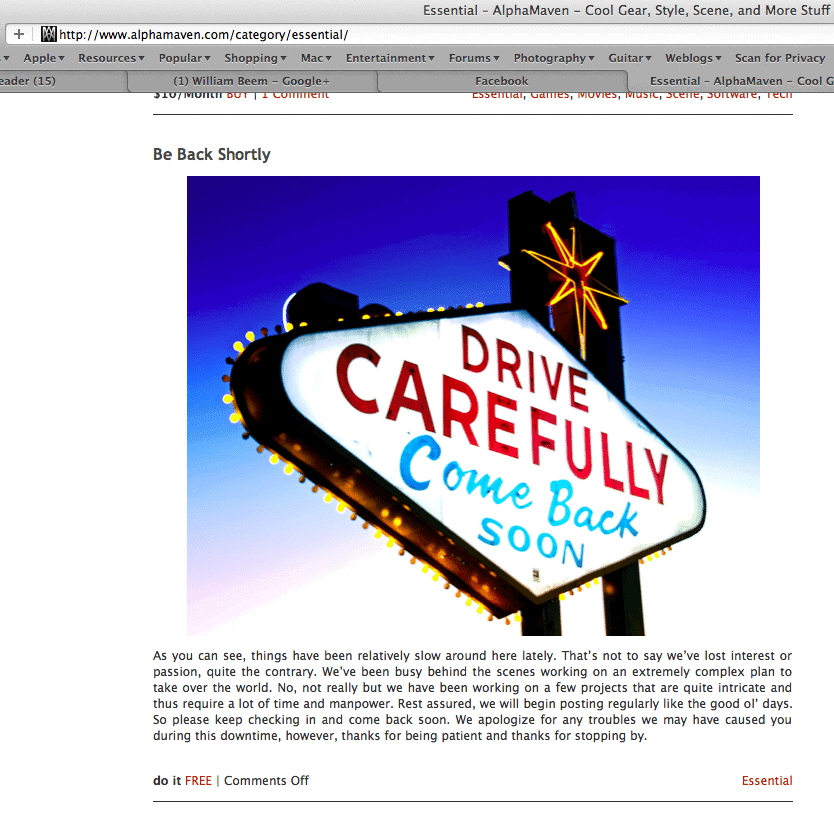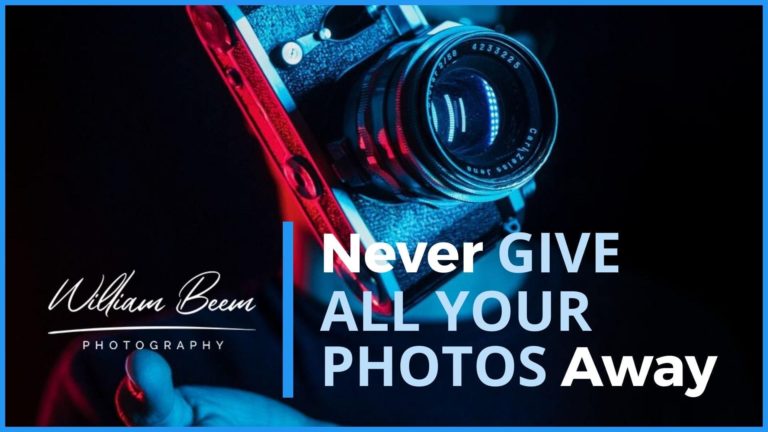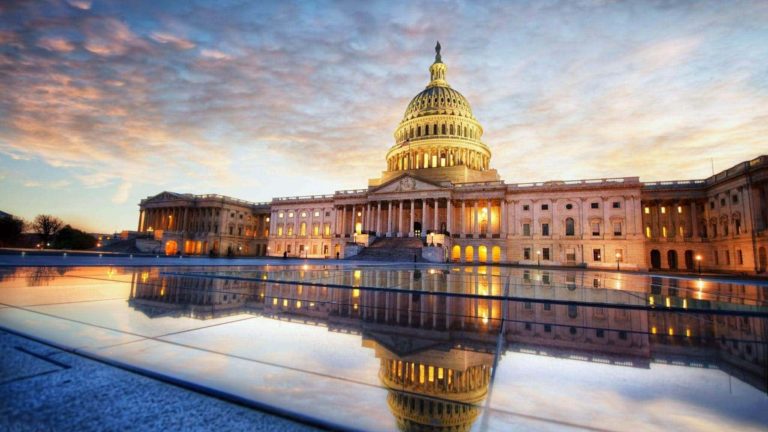Affiliate Disclosure: We earn a commission if you purchase through one of our links at no additional cost to you.
Find your images online to see who’s using them without permission or payment.
I’ve noticed a lot of discussions online lately about finding images online, specifically related to infringement issues. It’s bound to happen. If you put your images online, someone will eventually take them without asking for your permission.
Some people don’t care, and that’s fine. No one says that you have to track down the usage of your image if you’re not bothered by other folks using them. Then again, it really bothers many other folks – sometimes depending on who is using the images, or in what given the context they’re being used.
Let Digimarc Help Find Your Images Online
Last year, I started watermarking my images with Digimarc. It’s invisible to the human eye, but it’s persistent with the image. Someone can remove your visible watermark from an image using Photoshop, but the Digimarc imprint is there to stay.
When I first subscribed to the service, it was their image search feature that attracted me. I’ve since learned that feature is less than I expected. Fortunately, Google really improved its image searching capabilities and I’ve had a lot of success using it. Google finds my images. Digimarc proves that it’s my image, not one that looks just like it.
In addition to using Digimarc, I’ve also found that it helps to embed metadata in your images; things that will work with Google Image Search. Every image I post has variations of my name, as well as other descriptive metadata. Someone could strip that out of the image, but I honestly haven’t found that to be the case. It’s worthwhile to include unique information in your images to help identify it.
So how good is Google’s Image Search? Take a look at some of the results for a few of my Vegas images. I uploaded this photo I took earlier this year at Aria in Las Vegas:
Most of the results were my own posts, but I found one that I didn’t anticipate:
Let’s see now. I wasn’t paid, notified, or even credited for the use of this image. To be fair, this may not be a copyright infringement. I made a deal with MGM Public Relations to let them use this image for their own press releases.
This usage isn’t what I had in mind or wrote in the release. Since this infringement is outside of the USA, I may not have much luck filing suit in our federal court system. Still, it’s worth asking my attorney about it.
It seems to me that Tumblr.com is one of those sites that hates copyright. Although they post the usual disclaimer that their users should only use the material to which they have rights, the site is filled with stolen content.
Tumblr may respond to individual complaints, but I see no evidence that Tumblr is making any effort to prevent copyright infringement or inform its users about the rights of content creators. Quite to the contrary, the “reblog” feature seems intentionally created to assist users with infringement. I’m surprised there hasn’t been a class-action suit against Tumblr, but what do I know?
There are other infringements on different platforms. This appears to be a commercial venture on a WordPress site that decided to steal one of my photos.
Some of these images have been up for a few years, prior to when I subscribed to Digimarc. That’s one of the reasons why I prefer using Google Image Search. It’s more effective and it isn’t limited to the images specifically embedded with a digital watermark. It recognizes my image and compares it to its own index. That’s an incredibly useful tool.
The downside is that it works one image at a time. It would be nice if I could upload the image once and set it as a Google Alert to notify me when the search engine discovers that image in another location. At least then I wouldn’t have to occasionally do this search manually. Perhaps it will happen someday.
Until then, give it a try. You may be surprised by the results.











Great stuff William!
Great post William and a very interesting tool. Just had a quick go with it on some of my Flickr images and what do you know I found two of them on other sites. Can you do a post an informative post on what to do next 😉
Well, that opens a can of worms. The short answer is, it depends. It depends upon how you feel about the use of your work on that site. It depends upon where that site is located (foreign or domestic). It depends upon whether you registered your images with the US Copyright Office. Yes, you get copyright the moment you create your work, but you can’t sue in Federal Court without a valid registration. Even then, it depends upon whether there is an exemption in the usage of your image.
Most importantly, it depends upon whether you’re likely to get paid more than it costs to sue, and if you have the money & determination to continue a suit.